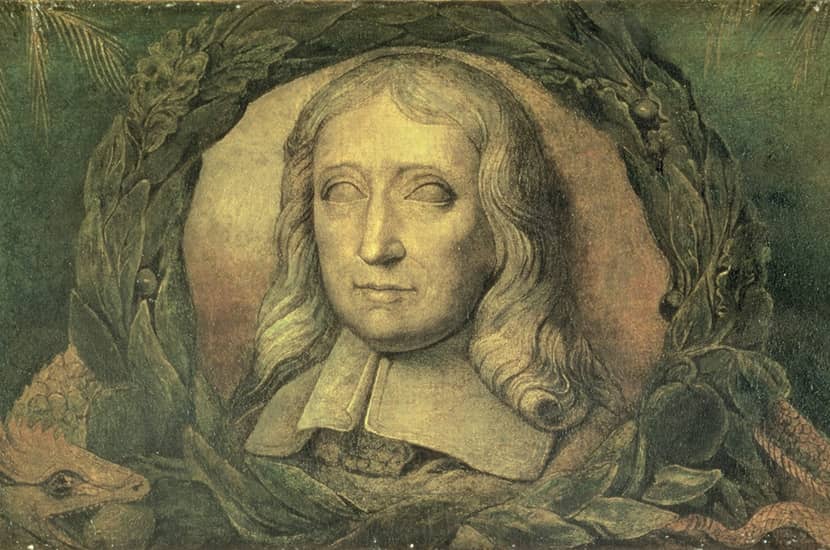When E. Nesbit published Wet Magic in 1913 (a charming novel in which the children encounter a mermaid), she took it for granted that her young readers would immediately pick up the references to ‘Sabrina Fair’ from Milton’s Comus. Phrases from Milton were part of the language — ‘Tomorrow to fresh woods’; ‘Better to reign in hell than serve in heaven’. Milton was central to the shared experience of life itself for those who spoke English.
Throughout the 18th and 19th centuries Milton was inside every literate anglophone head. If Harold Bloom is to be believed, which I think he is in this respect, the English romantic movement grew out of young poets reacting to, against and with Milton. Darwin voyaged on HMS Beagle with Paradise Lost in his pocket, and it was its splendid, joyful Book VIII which he took to be the Christian doctrine of the origin of species.
Then, some time in the mid- to late- 20th century, it all went. True, Milton is the most learned of all our great poets, and his poetry is heavy with allusion to the Latin and Greek classics we no longer know, and to Italian poetry, as well as to that now all but unread text, the Bible. Joe Moshenska is professionally committed to creating a readership for Milton among those for whom Genesis, Virgil, Homer and Tasso are closed books.
He does so by revisiting some of the topographical settings of Milton’s life and relating them to the poems. It’s a great imaginative exercise, since, apart from the cottage at Chalfont St Giles near Amersham, all Milton’s homes and haunts have been demolished. But this is not a topographical book. It is an inner pilgrimage.
‘At a Solemn Music’ takes us to Milton’s childhood home in London.








Comments
Join the debate for just £1 a month
Be part of the conversation with other Spectator readers by getting your first three months for £3.
UNLOCK ACCESS Just £1 a monthAlready a subscriber? Log in